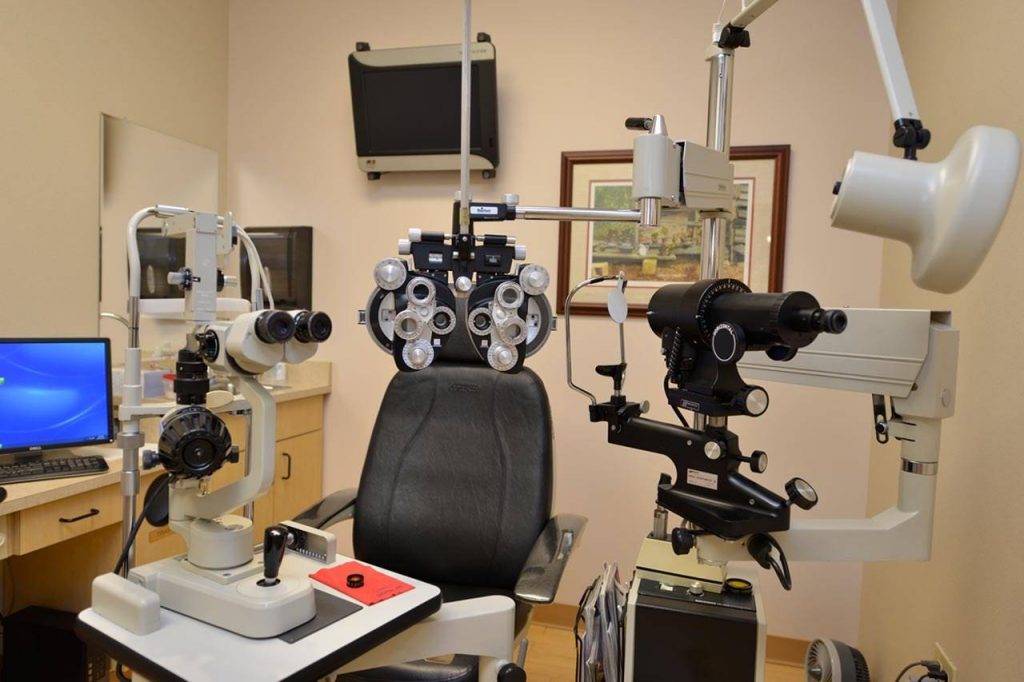About to come in for your eye exam? To get the most out of your visit, start preparing with these 4 tips.
If you’re experiencing vision problems or it’s simply time for you to schedule your next eye examination, here are a few tips to get the most out of your eye exam with your friendly eye doctor.
The more information you can give your eye doctor during your checkup, the more they will be able to accurately assess your vision and eye health and discuss the many options available to you.
SEE RELATED: Are Dilated Eye Exams Important?
Here are 4 quick tips to ensure better results when visiting your eye doctor.
1. Bring a list of symptoms
Any time you notice a change in your vision or other eye-related symptoms, jot them down, along with how long you’ve been experiencing them.
Symptoms to take note of include:
- Headaches
- Dry, itchy, or watery eyes
- Eye pain
- Flashes of light or floaters
- Blurry vision
- Distorted vision
- Poor depth perception
- Sensitivity to light
- Difficulty seeing objects up close
2. Bring a list of medications
Make a note of any medications you take – whether over-the-counter and prescription.
Whether you’re taking eye drops for glaucoma or prescription medication for high blood pressure, bring the name and dosage — or the medications themselves — to your next eye appointment.
This will give your eye doctor insights into your eye health and your overall health, and prevent the doctor from prescribing medication that could worsen a preexisting condition or negatively interact with what you are already taking.
If you have any questions about the side effects of medications, don’t hesitate to ask your eye doctor.
3. Bring in all your eyeglasses and contacts lenses
Try to bring your prescription contact lenses or glasses to your appointment. This will allow the eye doctor to assess your prescription and make adjustments if needed.
The doctor may ask you questions related to your eyewear to determine whether you need an update.
4. Know your family medical history
Knowing your family medical history is vitally important as many eye conditions have a genetic cause.
Many eye diseases and conditions run in families, so the more information you can provide about your family’s medical history, the better.
You don’t need to know every single family member’s detailed medical and history of eye conditions. Start with your close family — parents, grandparents, and siblings.
Some genetic eye conditions and diseases you should mention:
Getting the most out of your next eye exam starts with preparation.
LEARN MORE: Guide to Eye Exams
When you schedule your eye exam, you will be ready by following these tips.


